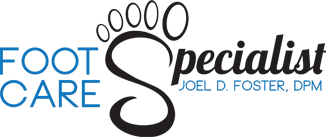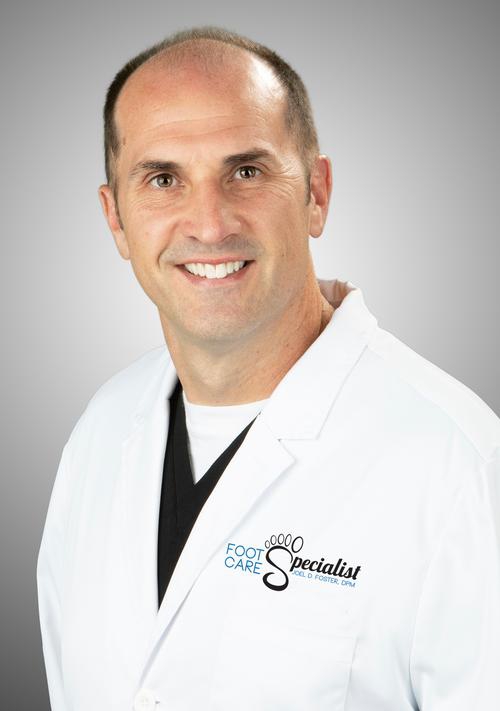Best Case Scenario for Not Treating Foot Warts: They Go Away on Their Own … Eventually
Rarely, in children, warts do go away on their own in time.
The problem is the “time” part. For most people, it takes at least several months, and sometimes a couple of years (or more).
Warts are caused by a viral infection in the uppermost layers of skin. Under normal circumstances, when a virus enters your body, your immune system quickly realizes something’s wrong, identifies the virus as hostile, and then manufactures antibodies to fight it off.
The issue with plantar warts is that the immune system really doesn’t patrol the uppermost layers of skin with anywhere near the kind of vigilance that it does for more critical organs and systems with a more robust blood supply.
As a result, the wart-causing virus can operate for months, years, or even indefinitely in its small region of skin before the immune system can build up an effective counterattack.
The Worst-Case Scenario for Not Treating Warts: They Don’t Go Away—and Start to Spread
Warts are contagious. They may not be the most highly contagious infection out there, but they definitely can (and do) spread. That includes spreading to other regions of the foot or body, or even to the people you live with.
And if you choose the “no treatment” route, that means you’re giving your warts, at minimum, several months’ worth of time to complete a migration.
Warts can spread through:
- Wearing contaminated shoes and socks
- Direct contact (e.g., touching your warts with your hands, and then touching other parts of your body)
- Indirect contact other than footwear (for example, through skin and nail care tools, towels, etc.)
If you or someone in your family is prone to developing dry and cracked skin, this also presents a lot of opportunities and access for the virus to find new spots to invade.
If one unexpected foot wart is bad, how about a cluster of them? And of course, the more warts you have, and the larger they are, the more difficult they will be to finally treat.
Getting Plantar Warts Treatment in Lee's Summit
We hope that, after reading the above information, you understand why “do nothing” really isn’t much of an option. High risk, low reward is not a very appealing combination.
But, as we said, a lot of the classic wart treatment options like burning, freezing, and surgery aren’t exactly much to get excited about, either. Fortunately, Swift is here.
Swift Microwave Therapy is a new, effective treatment option for warts that works by getting your immune system active and involved in the fight. A short burst of microwaves into the top layers of skin—just a couple of seconds—is all we need to treat the damaged tissue and draw the immune system’s attention to the once-hidden virus.
As with more conventional treatments, it may take 3-4 sessions with Swift to fully eradicate the wart. But unlike those treatments, Swift:
- Only produces discomfort for a few seconds, with absolutely no post-procedural pain afterward.
- Does not break the skin, cause any bleeding, or cause any collateral damage to healthy tissue.
- Requires no post-procedural aftercare of any kind—not even bandaging.
- Has extremely minimal risks of infection or other complications.
For more in-depth info about Swift, including answers to some of the most frequent questions we get about it, check out this blog post.
Simply put, it’s a much easier, safer, faster, more convenient, and all around more comfortable way to treat a wart. And we have it right here at our office in Lee’s Summit!
So don’t sit around and wait for your warts to get better—or get worse. Give our office a call today at (816) 246-4222 or reach out online to request your Swift appointment today!


